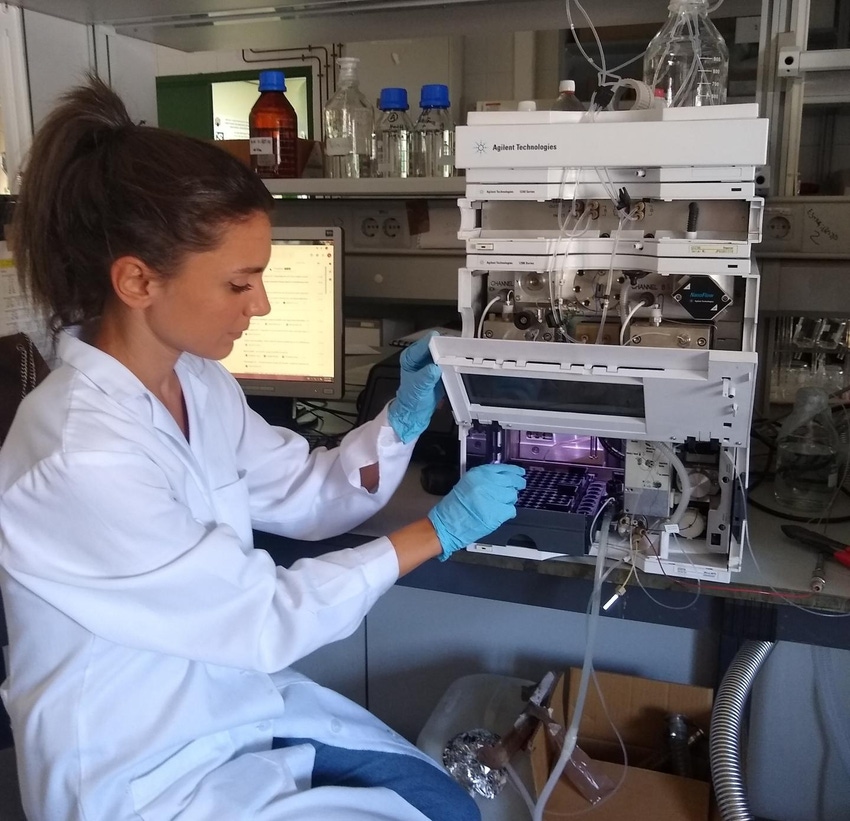Method allows for extraction and determination of coccidiostat substances in food from animal sources.
July 29, 2020

Coccidiosis is an intestinal illness that affects different animal types by inhibiting the absorption of nutrients and growth, thus creating financial losses in the livestock industry, according to an announcement from the University of Cordoba in Spain.
Coccidiostats are typically prescribed to fight this disease, as they are effective drugs in treating the illness, but they also can cause cardiovascular diseases in people when concentrations are high in animal-based food products, the university said.
The Supramolecular Analytical Chemistry research group at the University of Cordoba has developed a new method that allows for extraction and determination of these substances in food from animal sources.
According to lead researcher on the study Soledad González, the procedure is able to simultaneously extract the whole group of ionophore antibiotics (those from a natural source) from all of the animal-source foods legislated in the European Union -- something "done for the first time in this research project."
Specifically, the method uses supramolecular, nontoxic solvents known as SUPRAS, which have a high capacity to improve selectivity and performance of the extractions, thus lowering production costs. As González pointed out, these kinds of solvents make it possible to simultaneously extract antibiotic residue and clean the sample in a single step.
"This is a low-cost, environmentally friendly method, since it uses a lower volume of organic solvent compared to other widely and routinely used techniques in laboratories," she added.
After applying the new methodology on different products such as eggs, milk and meat (liver, kidney, muscle and fat), the detection limits reached were verified to be much lower than the legal limit, proving that this procedure could be applicable in food quality control laboratories, the university said. Additionally, the new method has been validated following European Decision 2002/657/EC, which regulates the presence of residues in animal source products, so it could be incorporated into routine controls at European laboratories.
Researchers Ana María Ballesteros, Soledad Rubio and Diego García-Gómez, who is from the University of Salamanca, also participated in this study.
The research was published recently in Food Chemistry.
You May Also Like

.png?width=300&auto=webp&quality=80&disable=upscale)

